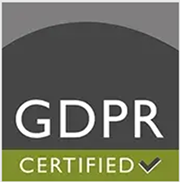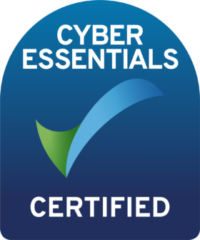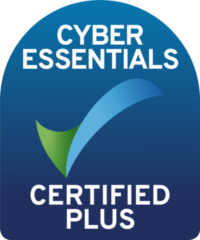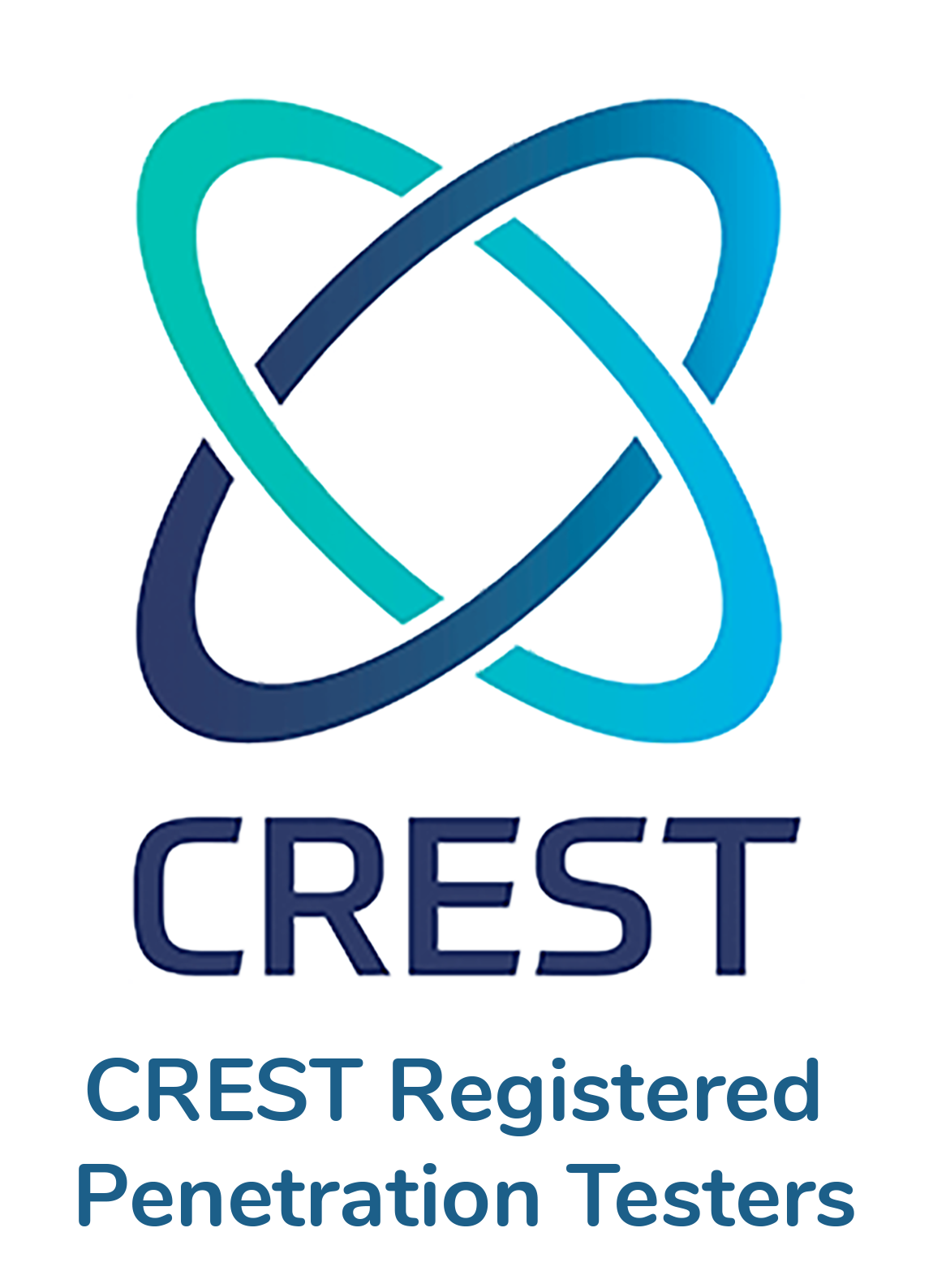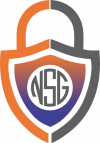No products in the basket.
Healthcare

Enhancing Patient Safety through Cybersecurity
Cyber attacks are becoming increasingly common in health care, with potentially catastrophic results. In some instances, such attacks can even become a matter of life and death for patients.
However, this issue affects many countries’ healthcare systems, and the number of such acts is growing worldwide.
These attacks have now become commonplace, with recent statistics highlighting their intensity. According to recent statistics, 57 per cent of healthcare organisations worldwide have been victims of such attacks. This meant that 25% of the businesses were forced to cease operations while another 60% suffered disruptions. Recovery is a long procedure which takes days or even weeks for almost half of the companies.
Why Healthcare Is More Vulnerable to Attacks
This increased vulnerability and targeting of healthcare organisations can be attributed to several factors.
1. High value of information
Several confidential information can be found in healthcare organisations such as protected health information (PHI), financial data, and personally-identifying information (PII).ICENSED) Cyber thieves and nation-state actors seek such information since it can be used for financial gain or to destroy.
2. Profitable black market
Stolen healthcare records command a very high premium on the dark web while other commodities such as stolen credit card numbers command a lower premium than healthcare cards. This gives hackers a reason to choose healthcare organisations as a primary source of profits due to the financial incentives offered.
3. Inadequate cybersecurity measures
There are numerous healthcare organisations with weak cybersecurity measures for protecting their confidential information. This could be as low budgets, unawareness about the changing cyber threat atmosphere, or focusing on patient care versus cybersecurity. These weaknesses make it easy for criminals to penetrate their networks and plunder vital data.
4. Complexity of the healthcare ecosystem
The healthcare sector comprises different players including hospitals, clinics, insurers, among others, as well as the pharmaceutical industry. The increasing complexity provides more vulnerabilities that cybercriminals can use to penetrate critical points and get hold of useful information.
5. Lack of cybersecurity expertise
Stolen healthcare records command a very high premium on the dark web while other commodities such as stolen credit card numbers command a lower premium than healthcare cards. This gives hackers a reason to choose healthcare organisations as a primary source of profits due to the financial incentives offered.
6. Patient safety concerns
There are numerous healthcare organisations with weak cybersecurity measures for protecting their confidential information. This could be as low budgets, unawareness about the changing cyber threat atmosphere, or focusing on patient care versus cybersecurity. These weaknesses make it easy for criminals to penetrate their networks and plunder vital data.
Advantages
Expertise You Can Depend On
Our team of leading experts in security awareness training, IoT security as well as full-scale cybersecurity programs includes our leading security engineers.
Round-the-Clock Protection
Our cyber fusion centre gives round-the-clock protection for healthcare institutions. Attackers will also face difficulties when they engage in cross-domain attacks aimed at these institutions because they lack knowledge about the locations where these targets are based.
Compliance Made Easy
Our Security allows the hospitals, their business associates or healthcare providers to comply with the highest security frameworks—HIPAA, HITECH, and GDPR, among other.
Industry Expertise
NET SEC GROUP Security understands the healthcare industry deeply and the wider environment, this understanding makes it possible to handle huge threats encountered by healthcare companies.

